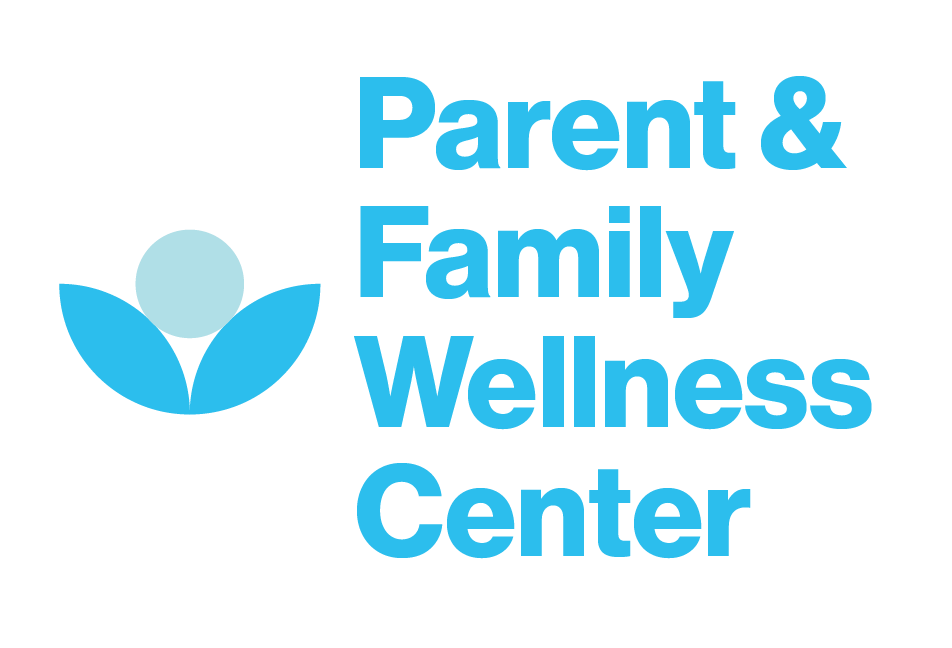Intentional Parenting: Reflection
If you are reading this email, then you are already on the right track.
If you are curious about what it means to parent intentionally, then you likely already are. There is a difference between “being a parent” and “parenting” and if you have gotten this far, then you can pat yourself on the back because not all parents are curious enough to read blog posts like this. You, however, are definitely in the “intentional Parent” community. You, my friend, are “parenting.”
But, we don’t always know what that means. By definition, being intentional means that we are being deliberate in our actions; that we are doing the things we do on purpose, for a reason, and with awareness. From where I sit in my office at the PWCB there are pretty big consequences to parenting unintentionally, without awareness and without purpose- We feel pretty badly about ourselves. We feel lost and annoyed and overwhelmed. We often react without thinking. And, our kids suffer. And the reality is that every single one of us has been there.
And most of us want to be good enough parents.
One important concept in “good enough parenting” that will lead both you, and your child(ren) towards solid, secure, and healthy growth and relationships is this:
REFLECTION
Reflective parenting, which uses curiosity, self awareness, and self compassion, allows a parent to see the world both through his/her perspective as well as his/her kiddo’s perspective.
If you are a reflective parent, you ask yourself “How is what I am doing and saying right now impacting my kid? How might my kid be interpreting what I am saying/doing?” As a reflective parent you understand that your child’s behavior (and your own!) is a reflection of how your child (and you) feels. You value emotions and feelings as a part of being human. You understand that the choices that you make as a human and a parent fundamentally impact your child’s sense of self and the world. You understand that no human (including you!) is perfect, that people make mistakes, and that when we pay attention we can learn and grow from those mistakes. As a reflective parent you, well, reflect on how you are parenting your child and what your child’s experiences might be with you as their mom or dad. You are inquisitive and curious but you also understand that the goal is not necessarily to know the answers, but to wonder.
Does that sound like a lot of work?
It’s actually a lot less work than suffering through confusion and feeling badly about yourself and your kid. Trust me. I’ve done the experiment. Many times.
Here is what you need to do to engage in Reflective Parenting:
Pause. As a reflective parent, you must be willing to slow down and pay attention.
Observe. Watch and notice what is happening for both you and your child with compassion.
Be Curious: Think What, Why, and How.
What might my child be feeling right now?
Why might he/she be feeling that way and responding that way?
How are my words and actions impacting my child?
Those of us who weren’t raised this way will have a harder time parenting this way. It can feel foreign and unnatural and very, very slow. But it pays off. And, to be clear, reflective parents definitely set boundaries and hold their kids accountable for their behavior. Reflective parenting is not a form of discipline. It is a form of relating to another human who you care about and who you want to be in a strong and healthy relationship with.

